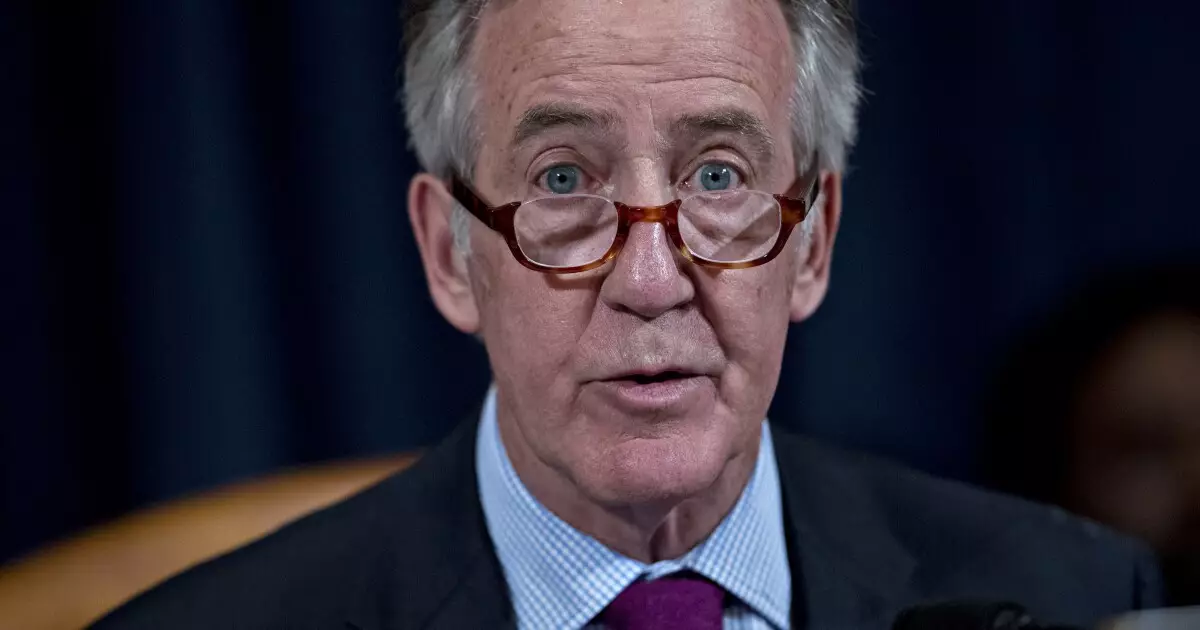As the nation anticipates the outcomes of tight Congressional elections, the implications for critical tax policy and infrastructure initiatives cannot be overstated. With an array of seats up for grabs in both the Senate and House, the shifting of party control may result not only in changes to leadership but also in significant alterations to legislative priorities that could impact both the economy and public services. This article delves into the dynamics of these elections and explores their potential consequences on pivotal committees.
This election cycle sees 34 Senate seats and numerous House races in play, with the political landscape poised for dramatic change. For Democrats, flipping just four seats could restore a majority in the House, while the Republican party is aiming to consolidate its grip on power. According to the Cook Political Report, 22 House races are identified as toss-ups, underscoring the unpredictability of the election outcomes. Current polling suggests Republicans maintain a slight advantage in the Senate, while Democrats may edge ahead to reclaim the House.
The results of these elections will directly influence the legislative agenda regarding tax policy and infrastructure development. Key committees wield substantial power over the formulation of policies that shape the nation’s financial landscape, particularly those that affect municipal bonds. Control of these committees will also steer critical decisions regarding tax measures that have long-term implications for state and local governments.
In the Senate, should Republicans reclaim power, Mike Crapo of Idaho is on the verge of becoming the chair of the Senate Finance Committee, which oversees tax regulation. His recent communications signal that he’s attentive to the seriousness of expiring provisions from the Tax Cuts and Jobs Act (TCJA). Although he has indicated that certain TCJA provisions might be extended without fiscal offsets, this raises questions about long-term fiscal responsibility and the preservation of municipal bond tax-exemptions.
On the other hand, significant shifts in the Senate’s Banking, Housing and Urban Affairs Committee could follow if Sherrod Brown, the current chair, does not secure re-election. If the Republicans prevail, Trump’s ally, Tim Scott, might assume leadership, potentially reshaping the committee’s focus.
In the House, the Ways and Means Committee is a central player in upcoming tax reform discussions. Current Chair Jason Smith wants to expedite policy changes, particularly as key TCJA provisions approach their expiration date in 2025. His focus on issues such as the state and local tax deduction cap reflects a nuanced understanding of the tax landscape’s implications for municipalities.
Interestingly, if Democrats retain control, Richard Neal, previously viewed as a steadfast advocate for municipal bonds, is expected to regain the chair. His history in this role affords him a significant platform to influence upcoming tax debates, particularly concerning the involvement of state and local municipalities in federal funding strategies.
In tandem with tax policy shifts, the make-up of the House Committee on Transportation and Infrastructure is critical as the U.S. embarks on the next phase of surface transportation legislation. Currently led by Sam Graves of Missouri, the committee’s direction will be contingent upon the election outcomes. The urgency to draft the forthcoming transportation bill becomes paramount, particularly as the Infrastructure Investment and Jobs Act approaches expiration in 2026.
With the Highway Trust Fund facing its largest deficit on record, Congress will be compelled to confront this pressing issue. The future leadership will likely pivot between continuing competitive grant programs and reinstating existing formula funding, both of which hold substantial importance for local governments.
Leadership transitions are also expected to profoundly impact the House Financial Services Committee, which governs the financial sector. The expected retirement of Chair Patrick McHenry opens the door to new leadership dynamics, while the potential for Maxine Waters to resume her position is equally compelling. With Waters prioritizing extensive reauthorization of the flood insurance program, the direction of federal oversight of financial institutions could witness significant changes.
As the nation braces for the results of these pivotal Congressional elections, the ramifications extend far beyond party affiliations. The resultant changes in committee leadership will define the contours of tax policy debate, infrastructure planning, and oversight of financial markets. In a time of economic uncertainty, these decisions and their implications will shape the prosperity and stability of local governments and their services for years to come. As such, the electorate’s choices will resonate well beyond the election, with a profound impact on the nation’s fabric.

